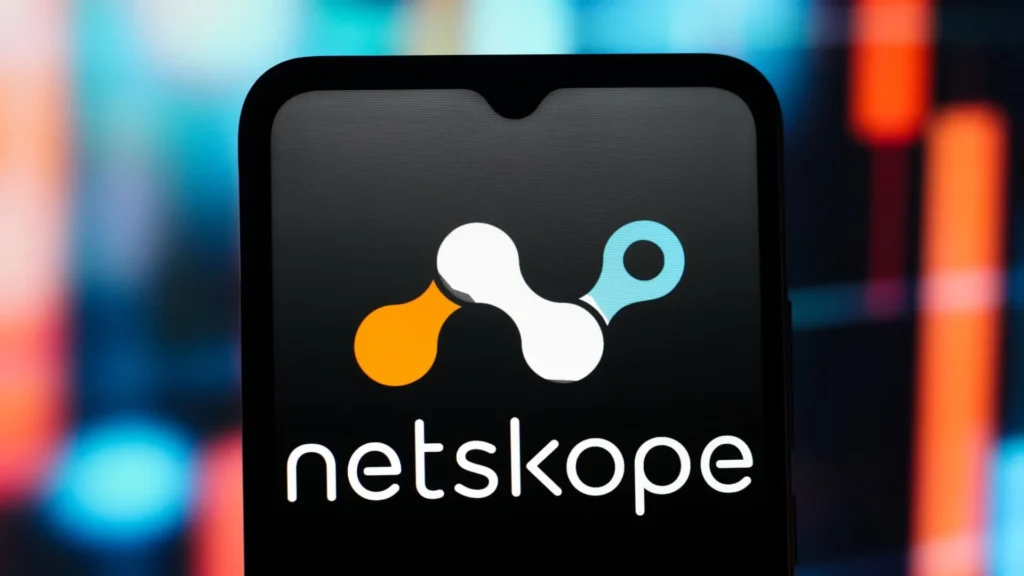Two major tech-business developments are making waves: Netskope, a cloud-security software firm, has raised its IPO price and is aiming for a $7.26 billion valuation after strong investor demand.At the same time, during President Trump’s state visit to the UK, the “Tech Prosperity Deal” was announced: Microsoft, Google, and others pledged tens of billions in investments into UK AI infrastructure, supercomputing, and tech center builds.
Netskope’s IPO: What It Means
Netskope is offering 47.8 million shares, pricing them between $17 to $19 a share up from its earlier target of $15-17. The raise is about $908 million, putting it in a class of high-profile IPOs this year. The company competes in the growing Secure Access Service Edge (SASE) space security tools delivered in cloud-like models for remote work, web apps, and hybrid workplaces. For investors, it signals continued appetite for cybersecurity, especially cloud-based. Despite running at a loss, Netskope has narrowed its losses, grown revenue, and shown reasonably strong momentum to justify the valuation.
UK-US Tech Prosperity Deal: Stakes & Strategy
The UK has secured commitments from tech giants: Microsoft will invest around £22 billion in UK AI and data center infrastructure, Google about £5 billion, plus others contributing. Much of this is oriented toward building the UK’s AI compute capacity, data center footprint, and securing data sovereignty. These are not just financial promises they include caps on where data is held, AI chips, partnerships with UK firms, regulatory alignment. The deal signals a strategy by the UK to reinforce global tech competitiveness.
What both these stories have in common is bold investment in infrastructure or security. Investors are increasingly placing bets on companies that help secure, regulate, and manage data or provide the backbone for AI/automation. Public markets are also showing signs of warming: deals like Netskope’s are getting priced high; IPOs are being sized up; investors are more willing to pay for growth even if near-term profits are not yet solid. In the UK, the influx of investments signals that governments think tech isn’t just a cost center it’s strategic national infrastructure. The global dialogue is shifting: it’s less about “tech as novelty” and more “tech as foundation.”
What To Watch & Risks
Of course, there are risks. For Netskope, margins matter: being in the IPO spotlight means pressures for profitability, transparency, and avoiding “feature fatigue” in SASE. Overspend, regulatory challenges, or competitive pressures from incumbents could affect expectations. For the UK deal, execution is key: data center projects are often delayed, regulatory approvals take time, environmental concerns (energy, land use), supply chain constraints (AI chips, infrastructure) and geopolitical risks (training, trade) could slow progress. Also, public scrutiny around data privacy and security may intensify as more data centers are located in the UK. Currency risk, inflation, and interest rates also pose danger for big capex projects. If the market slows or rates rise, investment costs could spike.
Why It Matters
These developments show two complementary sides of tech business strategy: IPO-market demand for growth and investor confidence, as well as nation-level strategy to build capacity and maintain sovereignty in an era of AI and cloud dominance. For businesses, this trend means that areas like cyber, cloud, and compute infrastructure are likely to see outsized investment and potentially competition. For governments and regulators, it means balancing incentives for investment with oversight, quality, and sustainable infrastructure.
My Take
Netskope’s strong IPO and the UK deal both tell me something about the mood: investors and governments are placing high stakes on secure infrastructure and data governance. It’s not enough to build AI or cloud tools you have to build them responsibly, with trust and sovereignty in mind. If Netskope delivers on its promises, it could become a benchmark for how security companies go public in this era. And if the UK follow-through on investment and regulation is strong, the Tech Prosperity Deal could accelerate a generational leap forward. Either way, the bar has been raised and companies and countries will need to keep up or risk being sidelined.




